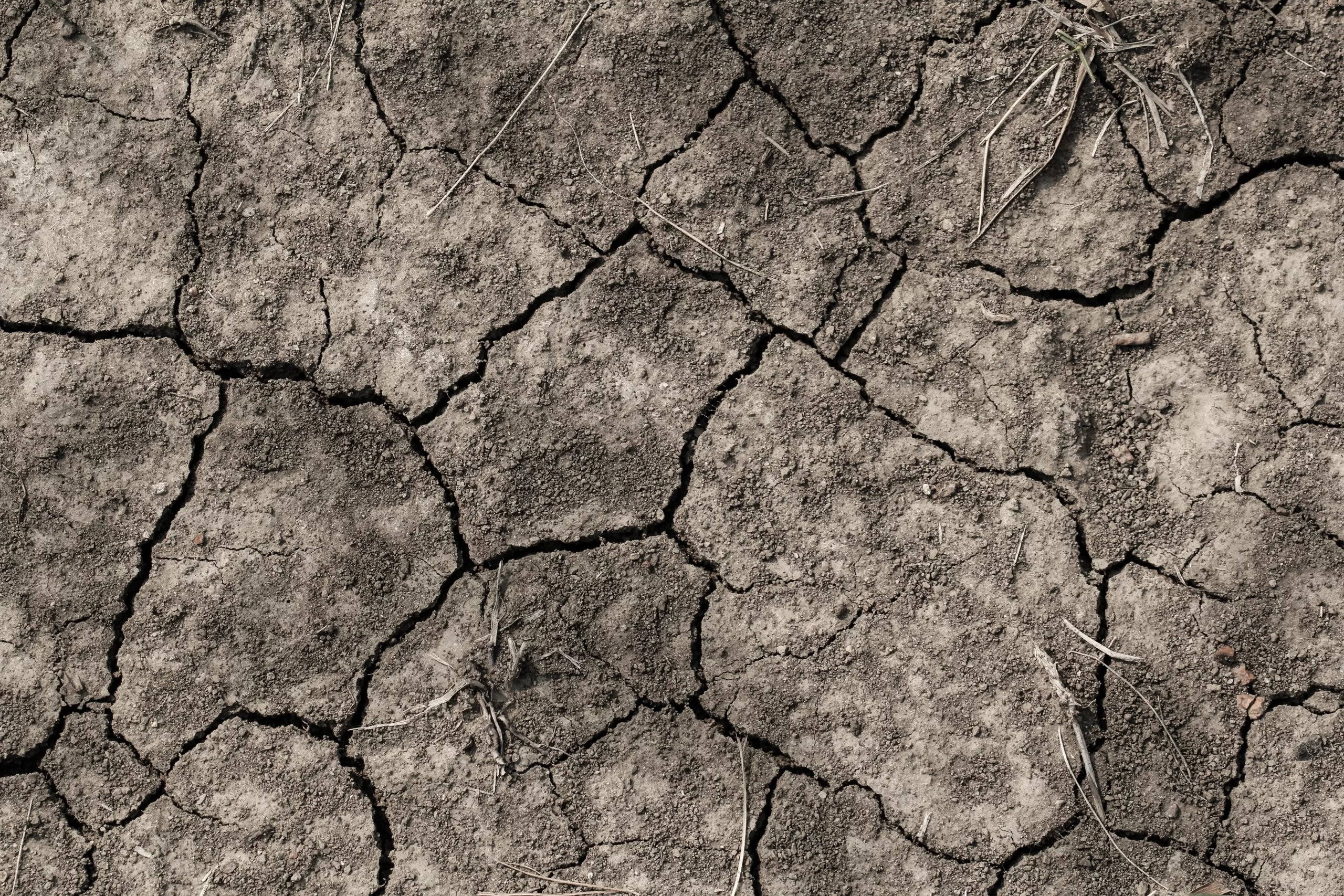The temperature is rising, and not just for former British Prime Minister Boris Johnson. The heat has increased in the UK in more literal ways, leading the National Grid to fire up a coal power plant to create enough energy to power all our air-con units. The irony of this is lost on no-one, particularly environmental campaigners.
No, we haven’t gone off on an environmental tangent. There are plenty of free speech issues stemming from the climate crisis, as we have reported many times in the past. Yesterday morning some of the very people who are protesting dirty energy were dealt another blow. After Home Secretary Suella Braverman gave further clarification that “serious disruption” included slow walking protests that block roads, the amendments to the Public Order Act, which further lowers the “serious disruption” threshold, came into effect. The Home Office said: “While the right to peaceful protest remains a cornerstone of our democracy, causing traffic to halt, delaying people getting to work and distracting the police from fighting crime will not be tolerated.”
Disruptive environmental groups have been targeted in government legislation before (à la the Public Order Bill policy paper’s specific reference to Extinction Rebellion), and this latest example is no different. Braverman said: “The public are sick of Just Stop Oil’s selfish and self-defeating actions, which achieve nothing towards their cause.”
Human rights barrister Adam Wagner, commissioned by Friends of the Earth, gave his legal opinion on the matter, highlighting “serious implications for the right to freedom of speech and protest”. He said there will be a chilling effect on people who want to attend protests, “because people who are deciding whether to organise or attend a protest would not be able to predict with sufficient certainty whether the police are likely to impose conditions”. Human rights group Liberty, meanwhile, is launching a legal action over the legislation, which they describe as being “brought in by the back door”.
Groups like Just Stop Oil do indeed divide opinion. But they cannot be used as an excuse to further erode public assembly and protest rights. Imagine a future controlled by the very worst of governments — now imagine how they could use this law.
Last week also was the anniversary of the deaths of British journalist Dom Phillips and Indigenous expert Bruno Pereira, who were killed while reporting in Brazil’s Javari Valley in the Amazon last year. There were memorials across the world. At an event at Rich Mix in London, people not only remembered their lives, they also shone a light on the threats that Indigenous people continue to face in the Javari Valley, as they stand in defence of the rainforest.
Back in autumn 2021 our special report examined the silencing of the planet’s Indigenous peoples. We reported on how environmental defenders in Ecuador were criminalised, threatened and attacked and Australia’s history of selective listening when it comes to First Nations voices. Indigenous communities are just as at risk now as they were then — and as they have been for centuries.
As the mercury levels keep going up globally and defenders of the planet keep raising their voices, we have not forgotten about the threats they face, and the importance of their voices being heard.






